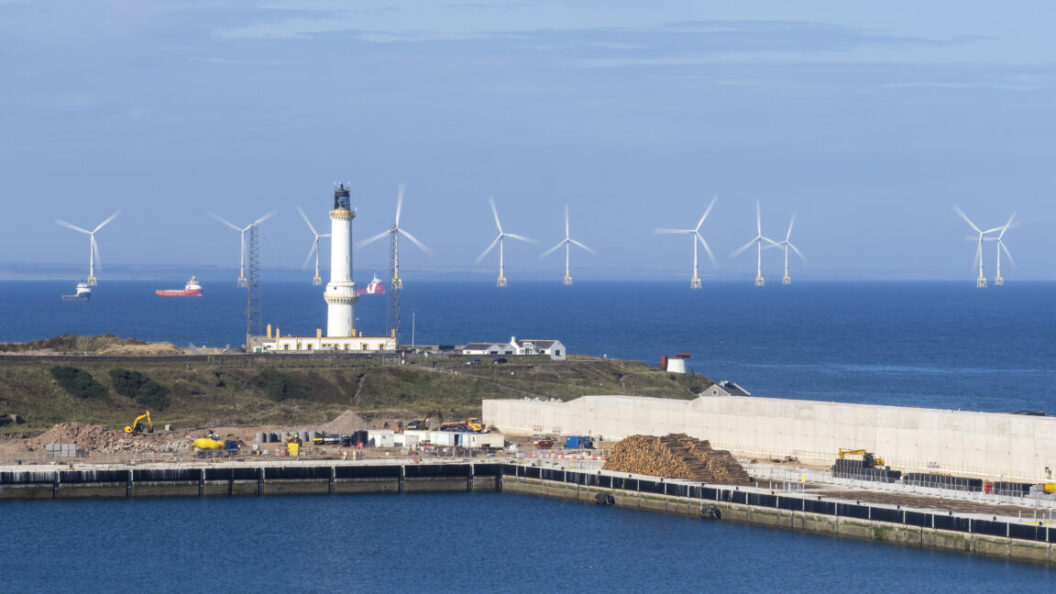UK Closes Final Coal Plant, Marking End of Coal Era
The United Kingdom has reached a significant milestone in its environmental efforts by shutting down its last coal-fired power plant, Ratcliffe-on-Soar, on September 30, 2024. This closure represents a pivotal moment in the UK’s transition towards its net-zero goals, effectively concluding a 142-year reliance on coal for electricity. The UK, known for its role in the Industrial Revolution, is now setting a new precedent in the global context of energy transformation.
Rapid Decline of Coal
The decline of coal as a major source of energy in the UK has been nothing short of remarkable. In just over a decade, the share of coal in the electricity generation mix has decreased from 40 percent in 2012 to a mere two percent by 2019, and ultimately to zero percent in 2024. This drastic reduction highlights the UK’s commitment to reducing its carbon footprint and transitioning to cleaner energy sources.
Shift Towards Zero-Carbon Energy
As of 2023, approximately 50 percent of the UK’s electricity generation is derived from zero-carbon sources, demonstrating a significant shift in energy policy and infrastructure. Natural gas has played a crucial role as a transitional fuel during this period. The UK government aims to cut greenhouse gas emissions by 42 to 48 percent by 2027, while setting a broader target to reach net-zero emissions by 2050. To achieve these ambitious objectives, the UK has set a clear goal to source all its electricity from renewable resources by 2040, with a strong emphasis on offshore wind and solar energy technologies.
Future Energy Landscape
Looking ahead, the path from the current energy landscape to a net-zero framework presents both challenges and opportunities. While dimensions of future energy scenarios can vary, based on scientific predictions, certain factors remain more refined and likely to materialize. The efficacy of government policies and investments in renewable energy technology will be critical in navigating the challenges ahead.
Significance of the Closure
The closure of Ratcliffe-on-Soar is not just a reduction in coal usage; it represents a broader commitment to combating climate change and reconfiguring the energy system. This shift has implications that extend beyond national borders, potentially influencing global approaches to energy consumption and climate change management.
With coal once being the cornerstone of the UK’s energy infrastructure, this significant transition may serve as a blueprint for other nations grappling with similar energy challenges. However, as the UK moves forward, it will need to confront questions related to energy security and the economic impacts on regions that have historically relied on coal for jobs and electricity.
In conclusion, the UK’s complete halt on coal power generation underscores a larger historical narrative of transformation in energy policy. As it strives towards bold goals in energy sustainability, the UK is poised to lead by example, though it must remain vigilant about the complexities of achieving net-zero emissions in the coming years. The implications of these changes will resonate throughout the global community as the world grapples with pressing environmental issues demanding immediate action.









